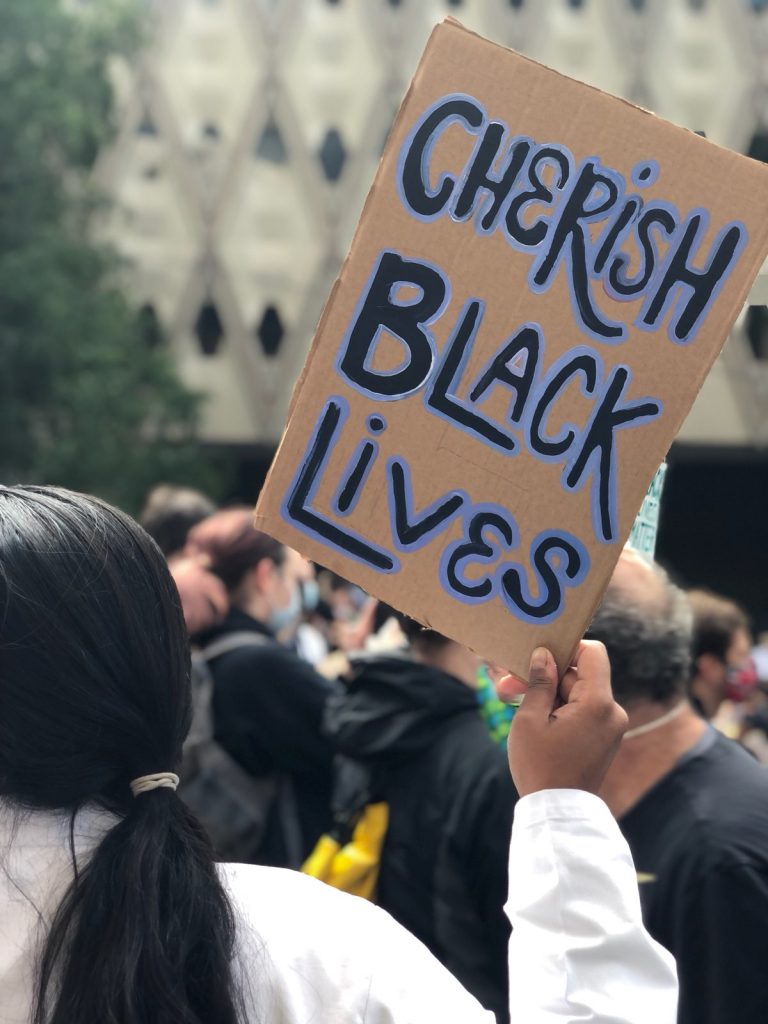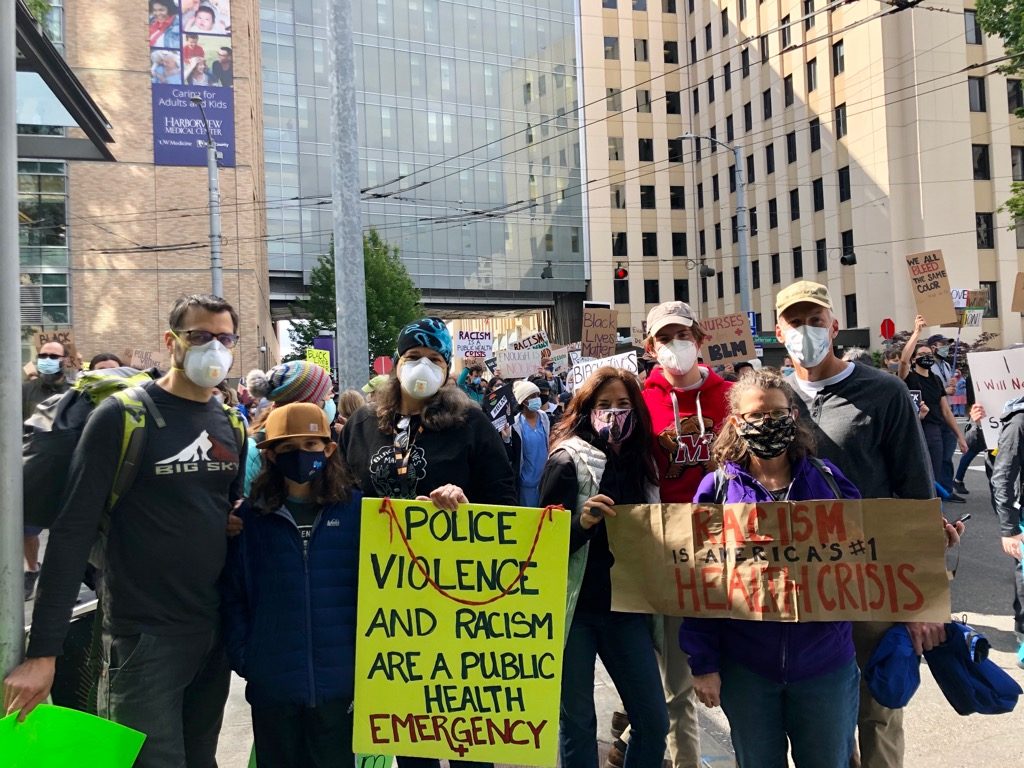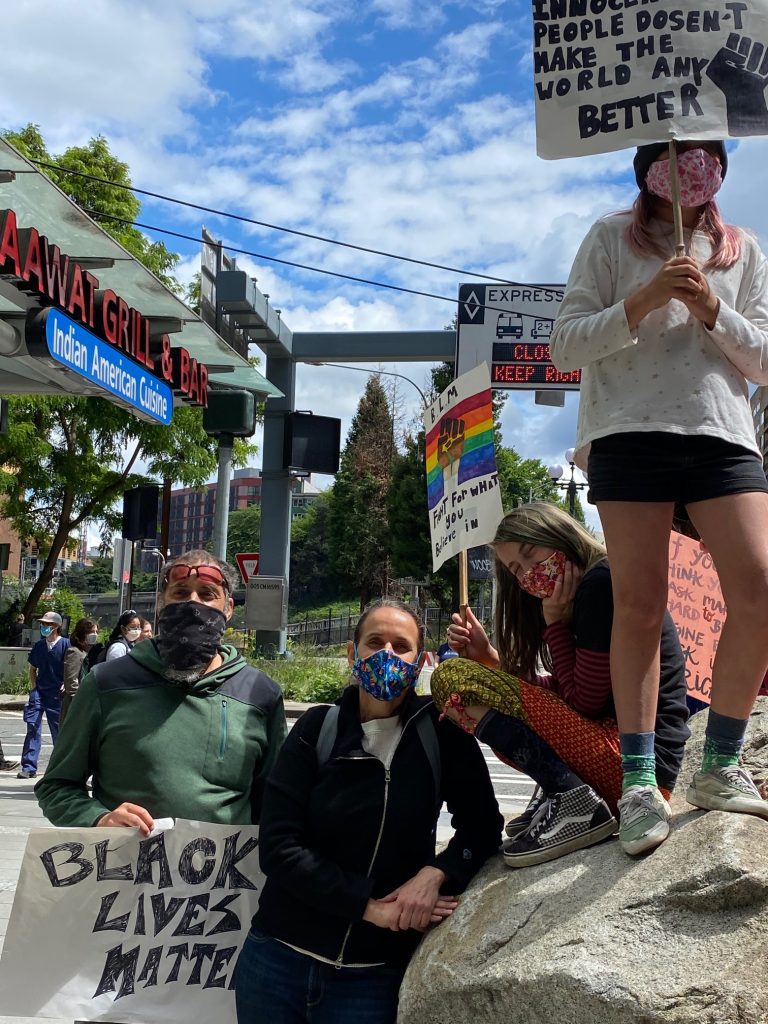
Communities in the United States and globally continue to respond to the tragic murders of George Floyd and Breonna Taylor at the hands of police officers, as well as the death of Ahmaud Arbery, who was murdered by two White men, one of whom was a former police officer. We acknowledge the pain experienced by Black people and other communities of color. We acknowledge racism, police violence, and anti-Blackness as pervasive and systemic problems – and as barriers to the health and well-being of Black people and other communities of color. Racism and police violence are public health emergencies in the U.S., and we stand with Black communities in the fight against these public health and human rights violations.
Police violence against persons with black and brown skin is not new in the U.S. The United States were founded on racial violence – first through the mass destruction of indigenous communities and then again when the first ship bearing enslaved, captive Africans arrived in 1619. For hundreds of years enslaved people were bought and sold in the U.S. and, though slavery was officially abolished in 1865, the legacy of slavery lives on through the systemic racism, mass incarceration, and injustice that continue to impact our communities of color to this day.

I-TECH will continue to examine policies and procedures that foster safe workplaces for our colleagues of color, especially our Black colleagues; continuously examine and challenge our own biases; and strive to be purposely anti-racist in our actions. I-TECH remains committed to creating an environment where equity, diversity, and inclusion are core values and integral to our workplace and communities. We will hold ourselves accountable when those core values are not upheld.
 Our thoughts are with Black members of the community, particularly the families of Mr. Floyd, Ms. Taylor, and Mr. Arbery and all of the other Black families who have lost loved ones to acts of racist violence. We will honor these individuals through our commitment to examining and reducing structural racism in our work.
Our thoughts are with Black members of the community, particularly the families of Mr. Floyd, Ms. Taylor, and Mr. Arbery and all of the other Black families who have lost loved ones to acts of racist violence. We will honor these individuals through our commitment to examining and reducing structural racism in our work.
If you would like to see how UW Health Sciences leadership have responded to these tragedies, read their message here.